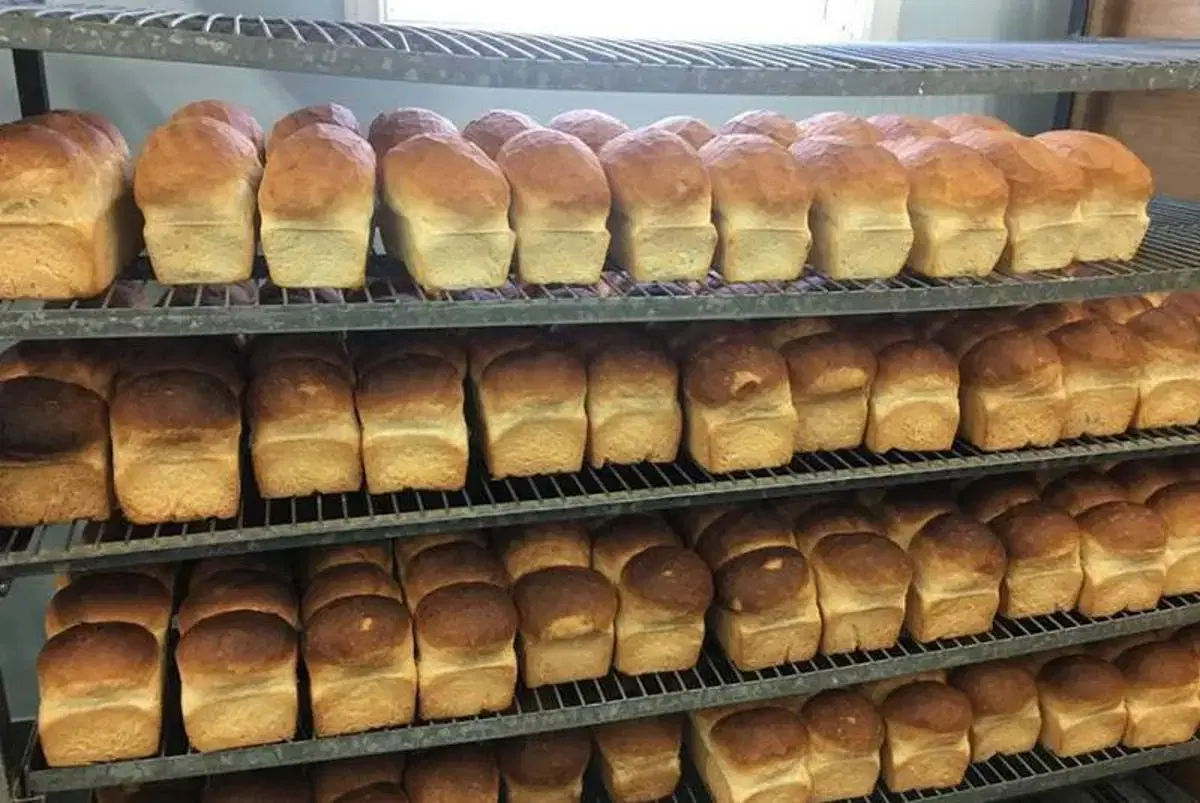Bakers and flour millers in Nigeria are warning consumers of ongoing price increases for bread and other flour-based food items, citing no foreseeable solutions to the key drivers of costs in the sector.
Cost Pressures and Consumer Impact
Industry operators have communicated to Financial Vanguard that they will continue to pass increased production costs onto consumers, reflecting the prevailing market conditions. However, findings indicate that major companies in the sector are experiencing revenue and profit growth at a rate that outpaces the increase in their production costs. This suggests they may be transferring more than just their actual costs onto consumers.
In 2023, the three largest companies in the flour production and baking industry reported a combined 45% increase in production costs, amounting to ₦2.2 trillion, up from ₦1.5 trillion in 2022. In contrast, their combined turnover rose to ₦2.5 trillion, representing a 47.2% increase from ₦1.7 trillion the previous year. This disparity highlights a significant shift where these companies may be capitalizing on the rising demand for baked goods by increasing prices beyond their cost increases.
Wheat Dependence and Local Production Challenges
A major contributor to the rising costs is the price of flour, which continues to escalate due to Nigeria’s dependence on imported wheat. Currently, the country produces less than 1% of its wheat needs, indicating a decline in local supply despite efforts in backward integration aimed at enhancing domestic production capabilities. While local wheat output peaked at about 10% of consumption a decade ago, local consumption has increased by more than 40% during the same period, further straining supply.
Operators in the industry predict that this trend will persist, exacerbated by several additional challenges:
- High Exchange Rates: The fluctuating value of the Naira against foreign currencies complicates the cost of imported raw materials.
- Scarcity of Foreign Exchange: Limited access to foreign currency impacts the ability to import necessary supplies, driving costs higher.
- Transportation Costs: Rising prices of petrol and diesel have contributed to increased logistics expenses, affecting overall production costs.
- Energy Costs: The cost of running factories has escalated due to rising energy prices, further straining profit margins.
As the situation evolves, consumers should prepare for continued increases in the prices of bread and other flour-based food products in Nigeria. The interplay of reduced local production capacity, rising import dependence, and escalating operational costs underscores a complex challenge for the baking and flour milling industry. With these ongoing pressures, the outlook for stable pricing in the near future remains uncertain.

